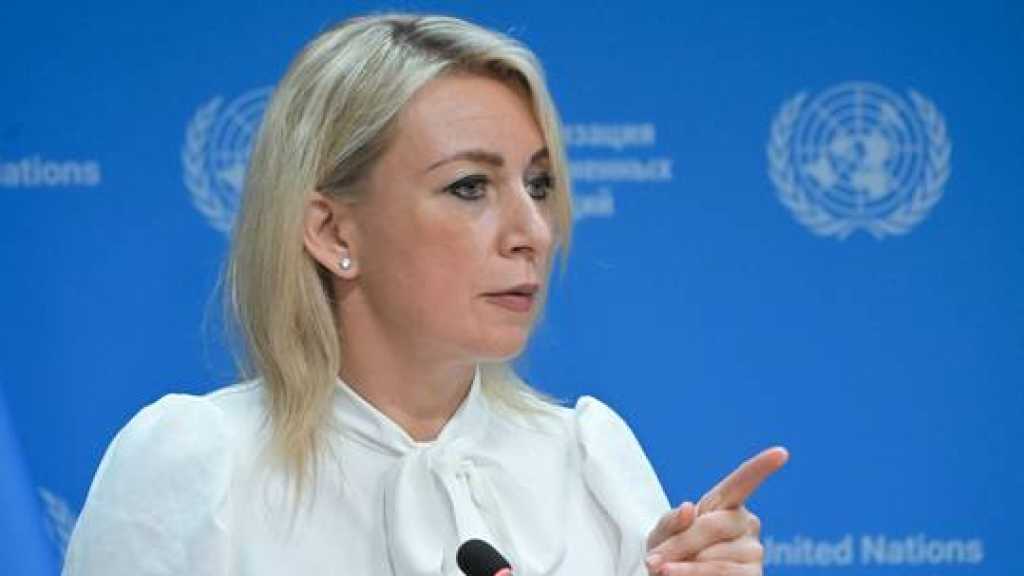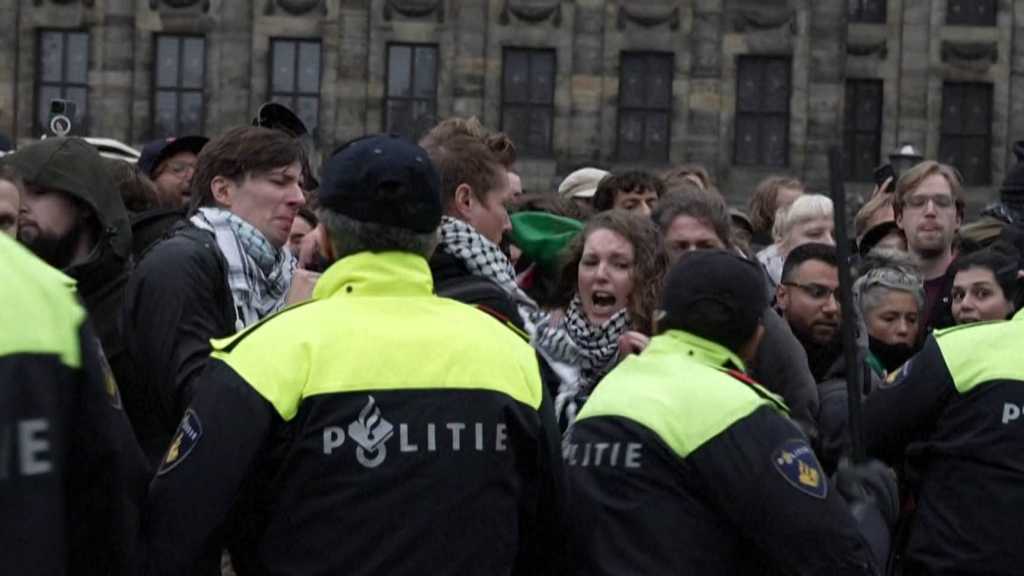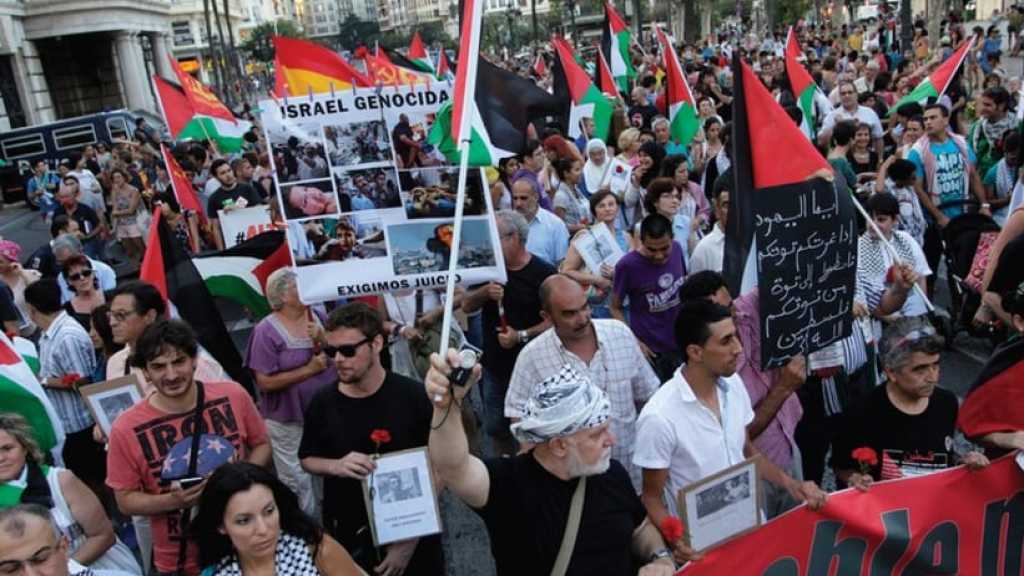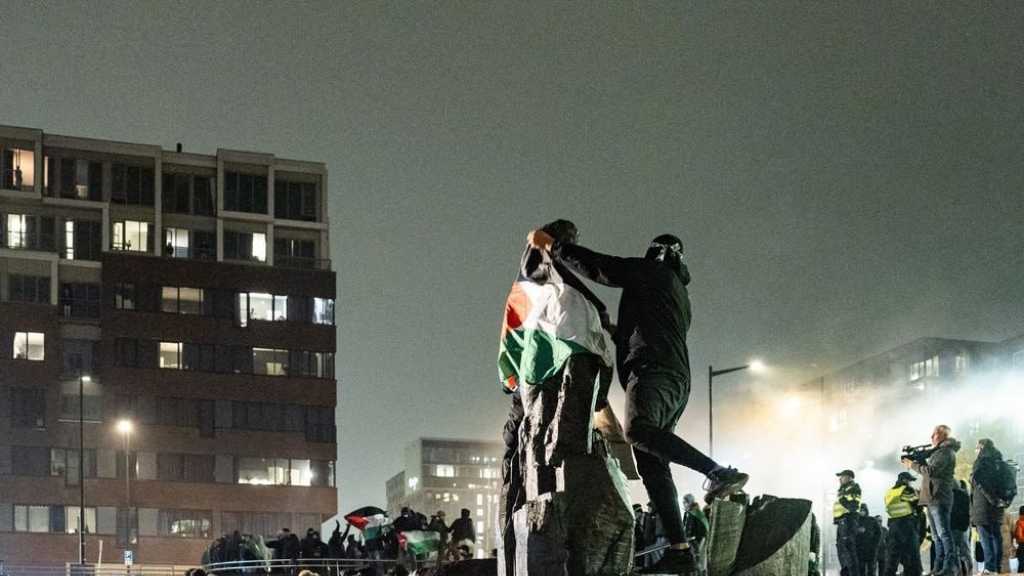France Begins Biggest Trial Over 2015 Terror Attacks in Paris
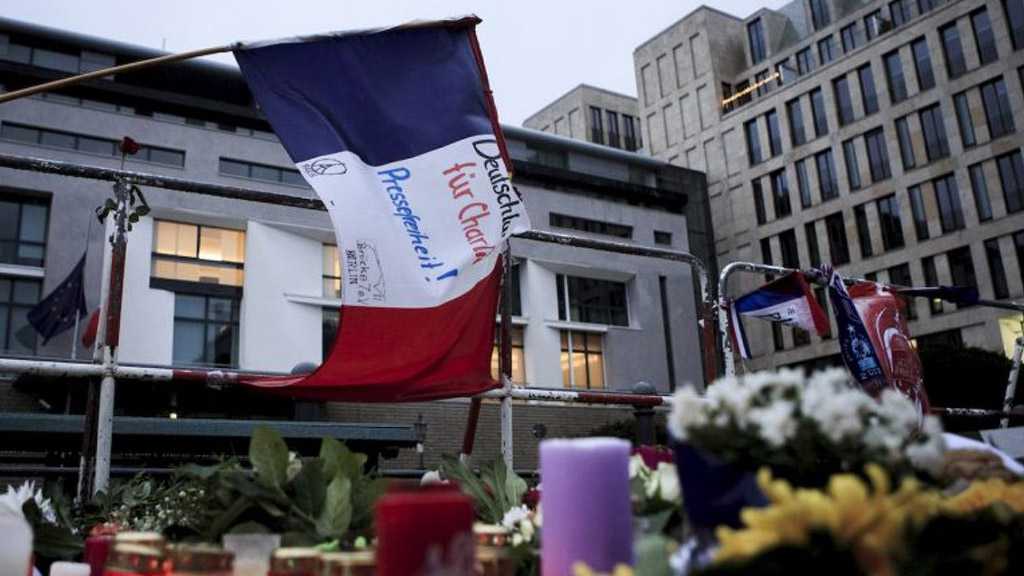
By Staff, Agencies
The biggest trial in France for those allegedly involved in the 2015 terror attacks in the capital, Paris, is set to begin amid heightened security.
Twenty men suspected of planning and carrying out the deadliest attack in peacetime France will go on trial at the Palais de Justice courthouse on an island in central Paris on Wednesday.
Police have been put on high alert and streets have been cut off to cars and pedestrians around the courthouse. Those authorized to attend the trial will have to go through multiple checkpoints before being allowed in a specially-built courtroom and other rooms where the hearings will be broadcast.
The long-awaited trial, which will last nine months, involves about 1,800 plaintiffs and more than 300 lawyers will be representing them along with the defendants. Former president Francois Hollande will also testify in November. The verdict is expected late May.
French Justice Minister Eric Dupond-Moretti has described the trial as a “historic” and unprecedented judicial marathon.
Fourteen of the accused -- who face charges ranging from providing logistical support to planning the attacks as well as weapons offences -- are expected to be present in court.
The only surviving suspect in the terror attacks, Salah Abdeslam, along with 13 others, will face life sentences if convicted.
Six others will be tried in absentia. They are accused of helping to provide guns and cars or playing a role in organizing the attacks. Of the six, five are presumed dead.
The attacks on November 13, 2015, saw Daesh [Arabic acronym for "ISIS" / "ISIL"]-linked gunmen and bombers attack a variety of locations in Paris, including a concert hall, a stadium, restaurants, and bars, killing a total of 130 people.
Following the attacks, Abdeslam, who French prosecutors believe played the main role in the Paris attacks, became Europe’s most wanted man.
Prosecutors accused Abdeslam, now 31, of helping organize the attacks and ferry Takfiri militants, who had earlier fought in Syria, around Europe. They say he, too, would have died if his explosive vest had not failed to detonate.
After four months at large, he was eventually found hiding in a flat in his home district of Molenbeek in Brussels alongside Ayari.
Before being arrested, they got into a gun battle with Belgian police who raided the flat.
Abdeslam, a French citizen born to Moroccan parents in Brussels, has so far refused to cooperate with investigators.
A survivor of the Bataclan music venue attack and president of Life for Paris, a victims' association said, "We are entering the unknown."
"We can't wait for it to start, but we're asking, How will it be for the next nine months?" Arthur Denouveaux told AFP.
Another survivor of the attack on the Bataclan told Reuters, "What I care about in the trial is the testimony of other survivors ... [to] hear how they have been coping over the past six years."
"As for the accused, I don't even expect them to speak," 48-year-old Jerome Barthelemy said.
Jean-Pierre Albertini, whose 39-year old son, Stephane, was killed in the concert hall, also told Reuters, "That night plunged us all into horror and ugliness."
Abdeslam, who has resolutely refused to cooperate with the French investigation, has also remained largely silent throughout a separate trial in Belgium in 2018 over charges related to a shootout with police prior to his arrest.
A major question is whether he will speak at his scheduled testimony, set for mid-January.
While the trial's initial phase will be devoted to procedural issues, raw emotion is expected from September 28 when testimony begins from some 300 survivors and relatives of victims for five weeks of harrowing statements.
Security forces will be on high alert.

